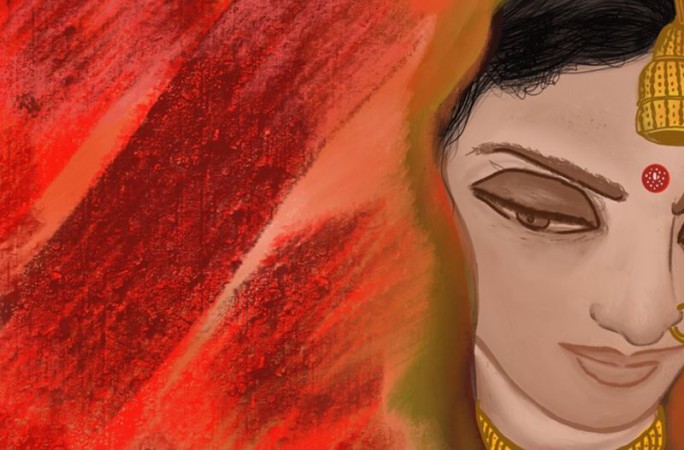
Virginity tests are a deeply ingrained and controversial practice in certain regions of India, where traditional customs and social pressures continue to perpetuate harmful practices. This article explores the persistence of the Kukadi Pratha, a social tradition that involves subjecting newlywed brides to virginity tests, in states like Rajasthan and Maharashtra. Despite advancements in science and the empowerment of women in the 21st century, these practices persist, casting a dark shadow on the dignity and autonomy of women. This article delves into the details of the Kukadi Pratha, its implications, and the absence of legal safeguards.
Understanding Kukadi Pratha:
Kukadi Pratha is a deeply rooted social custom that has persisted for centuries. In this practice, a newlywed bride is expected to provide proof of her virginity through a virginity test. The test is conducted in a ritualistic manner as a part of the marriage tradition, and it is believed to confirm the bride's purity.
The process typically unfolds as follows:
The Wedding Night: On the night of the wedding, the groom arrives at the bride's home with a white sheet or cloth.
Consummation of Marriage: The couple engages in sexual intercourse to consummate the marriage.
Examination of the Sheet: The next day, the white sheet is displayed to family members and close relatives.
Verification of Blood Stains: If there are bloodstains on the sheet, it is considered evidence of the bride's virginity, and she is deemed to have passed the virginity test.
Social Validation: The presence of bloodstains on the sheet is often paraded before the community and serves as social validation of the bride's purity.
Consequences of Failing the Test:
If the white sheet does not bear any bloodstains, it is seen as a failure of the virginity test. This failure can have severe consequences for the bride:
Social Stigma: Failing the test can lead to severe social stigma and humiliation for the bride and her family.
Dishonor: The bride's honor and reputation within the community are tarnished.
Family Pressure: The bride's family may face pressure from the groom's family to compensate for the perceived loss of honor, often in the form of dowry.
Torture and Abuse: In extreme cases, brides who fail the virginity test may be subjected to physical and emotional abuse, including torture.
Legal Status:
Shockingly, there is no specific law in India that explicitly addresses virginity tests or the Kukadi Pratha. This legal vacuum leaves women vulnerable to coercion, pressure, and abuse within the confines of this custom. Legal recourse is only possible when the affected women themselves seek help from the police or authorities. However, such cases are relatively rare, as societal pressures and fear of further repercussions often prevent women from reporting these violations.
The persistence of the Kukadi Pratha and virginity tests in India is a stark reminder of the deep-rooted patriarchal norms and regressive customs that continue to oppress women. Despite the advancements and achievements of women in various fields, these practices undermine their dignity and autonomy. It is imperative that society and the government take action to address these harmful customs and enact legal safeguards to protect women from such discrimination and abuse. In the 21st century, no woman should be subjected to the indignity of a virginity test, and it is high time that India takes concrete steps to eliminate these practices and ensure gender equality and women's rights.
Yogurt in Your Skin Care: How to Use Yogurt for Skin Health?
High Blood Pressure: 3 Crucial Indian Spices for Lowering BP Naturally